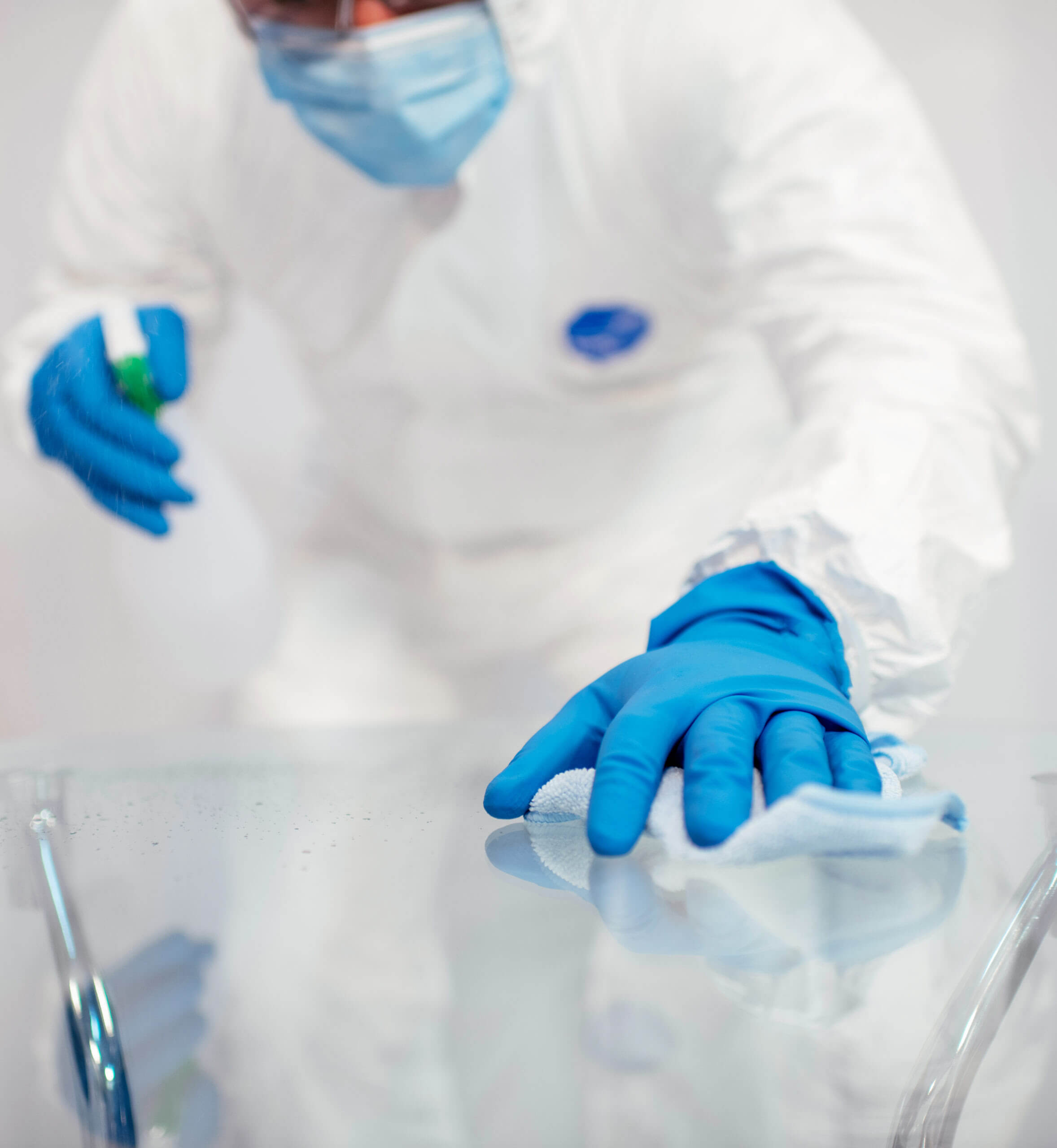The article below summarizes the characteristics and benefits of each glove material:
What is Gloves?
Latex Gloves vs. Latex-free Gloves
Examination Gloves vs. Surgical Glove
Powdered Gloves vs. Powder-free Gloves
Specialty Gloves
What is gloves?
Medicom offers a complete range of premium quality medical examination gloves and surgical gloves.
Our gloves are made using a variety of materials that provide superior protection, durability and grip without compromising flexibility, tactility or comfort.
Most medical and surgical gloves are made from latex, vinyl and nitrile. Some newer gloves are made from chloroprene.
The table below summarizes the characteristics and benefits of each glove material:
Latex Gloves vs. Latex-free Gloves
Latex Gloves vs. Latex-free Gloves
Latex gloves are often preferred by healthcare providers since they provide the highest level of elasticity, comfort and fit. Surgeons often prefer latex gloves because they offer greater precision with high tactile sensitivity.
Despite latex’s advantages, latex allergies have become more common, so many healthcare providers are opting for latex-free glove options such as vinyl, nitrile or chloroprene.
Vinyl gloves, which are made from PVC (polyvinyl chloride), are usually the cheapest latex-free gloves. However, many prefer to use higher-end gloves such as nitrile gloves. Nitrile gloves are often preferred since these non-latex gloves best resemble the stretchy feel of latex gloves and are also highly durable and puncture resistant.
Latex Gloves vs. Latex-free Gloves
Latex gloves are often preferred by healthcare providers since they provide the highest level of elasticity, comfort and fit. Surgeons often prefer latex gloves because they offer greater precision with high tactile sensitivity.
Despite latex’s advantages, latex allergies have become more common, so many healthcare providers are opting for latex-free glove options such as vinyl, nitrile or chloroprene.
Vinyl gloves, which are made from PVC (polyvinyl chloride), are usually the cheapest latex-free gloves. However, many prefer to use higher-end gloves such as nitrile gloves. Nitrile gloves are often preferred since these non-latex gloves best resemble the stretchy feel of latex gloves and are also highly durable and puncture resistant.
Make a choice: Latex Gloves or Latex-free Gloves
Another difference to consider when deciding between latex and latex-free gloves is the protection offered by each type of material. In general, latex gloves offer the best protection against bacteria and viruses, while synthetic gloves provide better chemical protection. Of the different types of latex-free gloves, nitrile gloves offer a higher degree of protection against viruses as well as protection against chemicals.
Powdered Gloves vs. Powder-free Gloves
Powdered gloves are usually lubricated with cornstarch because other powdering options (lycopodium powder, talc, etc.) have been found to irritate tissue. However, even cornstarch can impede tissue healing, so powder-free gloves are often preferred for surgeries and other sensitive procedures.
Examination Gloves vs. Surgical Glove
Examination Gloves vs. Surgical Gloves
Both surgical and examination gloves are medical-grade gloves for use during medical procedures.
Medical examination gloves: Used for patient examinations, blood tests and patient care.
Surgical gloves: Used by surgeons and operating room nurses. They must meet higher quality standards and are usually sterile because they are used for surgical procedures. Surgical gloves offer better fit with more precise sizing, as well as higher tactile sensitivity.
Specialty Gloves
Chemo Gloves: Chemo gloves are medical gloves that have been tested for use with chemotherapy drugs. When selecting chemo tested gloves, it is important to ensure that the gloves have been tested for the specific drugs being used.
Hand Care: Gloves infused with aloe or other moisturizers soothe and moisturize hands during use, which helps maintain the skin’s moisture barrier.



